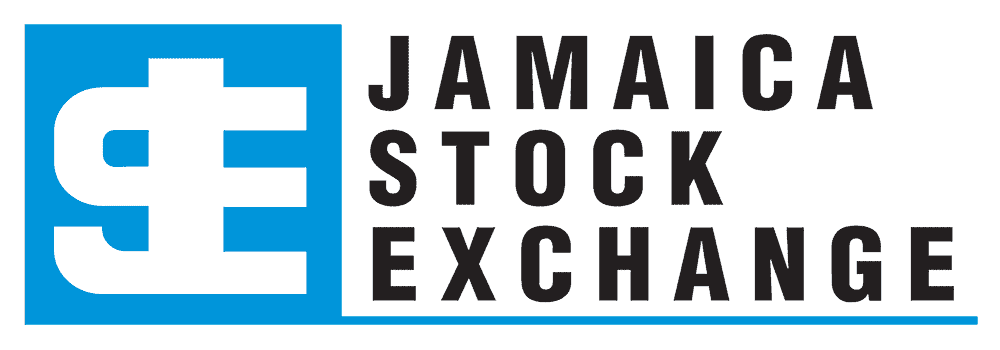It is a textbook notion and generally accepted position that the purpose of a business is simply to make a profit. Most employees, boards, and shareholders have been cultured to ensure financial viability and returns, or satisfying customer demands, often to the detriment of the company’s real bottom line and impact. Today, the move towards deliberately having positive impacts on people and the planet is gaining traction with more organizations focusing on the ultimate value that the organisation is generating, that is, its realised purpose.
Globally, including the Caribbean, there is a well-established business model consisting of a sizeable group of businesses, organisations, and different legal entities that are defined as Social Sector Organizations (SSOs). Social Service Organizations are considered as non-governmental entities with a social mission and include both non-profit and for-profit entities; such as social enterprises, voluntary organizations, foundations, and religious bodies. Significantly, over the last few years, a vibrant social enterprise sector has been developing in Jamaica where the local private sector and new entrepreneurs’ are explicitly and systematically seeking to produce a positive impact on people, communities, and society using entrepreneurial means, and re-invest any surplus into creating further positive impacts. This emerging economy puts people and the planet on an equal footing with profits, and an increasing number of these businesses are successfully working to produce a positive impact on people, communities, and society. Together, they form the basis of the social economy.
In Jamaica, the majority of the social sector organizations, which comprises of social enterprises, are a part of the micro, small and medium-sized enterprises (MSME) sector and therefore face many of the same constraints experienced by the wider MSME sector such as informality, weak management, and technical capacity, the need for a stronger enabling culture of (social) entrepreneurship, and lack of access to finance. Additionally, the wider SSOs face similar challenges in assessing sustainable financing for their philanthropic activities, as SSOs, in many cases are not able to articulate the impact that they are making, nor do they keep accurate records of expenses to facilitate transparency.
The Jamaica Stock Exchange (JSE) pioneered the launch of the Jamaica Social Stock Exchange (JSSE) in 2019 as a platform to promote the mobilization of Social Capital Markets. The JSSE is a state-of-the-art virtual environment and a venue for the process where the socially responsible investors interested in contributing and improving the quality of life in Jamaica, are enabled to invest in wholesome projects that require public funding which by extension promote the socio-cultural economy and the protection of the physical environment. To assist with the development of this emerging economy and the development of the Social Stock Exchange, the Jamaica Stock Exchange (JSE) and the Inter-American Development Bank’s (IDB) innovation subsidiary, IDB Lab, signed a Technical Cooperation Agreement aimed at developing and growing the Social Sector in Jamaica. The project, “Innovating Social Sector Financing”, which began in June 2020; aims to facilitate the effective mobilization of resources to SSOs and SEs that serve the poor and vulnerable populations through the Jamaica Social Stock Exchange integrated systems and tools.
The project, in recognition of the capacity constraints of most social entities, will be seeking to provide management skills training and mentorship to SSOs to improve their access to funding and ability to list on the Social Stock Exchange. To aid in achieving these objectives, the JSE has developed a 14-modules capacity-building training programme; “Certificate in Social Sector Management”. The programme is specifically designed to assist participants with the knowledge, and practical skills, which will provide the foundation necessary for a proper understanding of how social sector organisations (SSOs) self-govern, plan strategically, deliver service, and measure their social and environmental impact.
The programme, which will be rolled out in May 2022, will be offered online and will use a combination of videos, lectures, guest presentations, discussions, examination of cases, and project work. Collectively these are intended to expose participants to principles and best practices of how to lead and manage a social sector organisation on a path to sustainable growth. Some of the modules that will be offered under the programme are:
- Systems and Tools for Impact Measurement
- Social Impact Marketing
- Corporate Governance
- Project Management
- Understanding Financial Statements
- Scaling a Social Enterprise
- Attracting & Raising Capital
As we implement this programme through the JSE eCampus we invite you participate in this project or share the details of this imminent certificate course with a NGO, a charitable organization, or any social enterprise who you feel might benefit from this new and exciting project.




